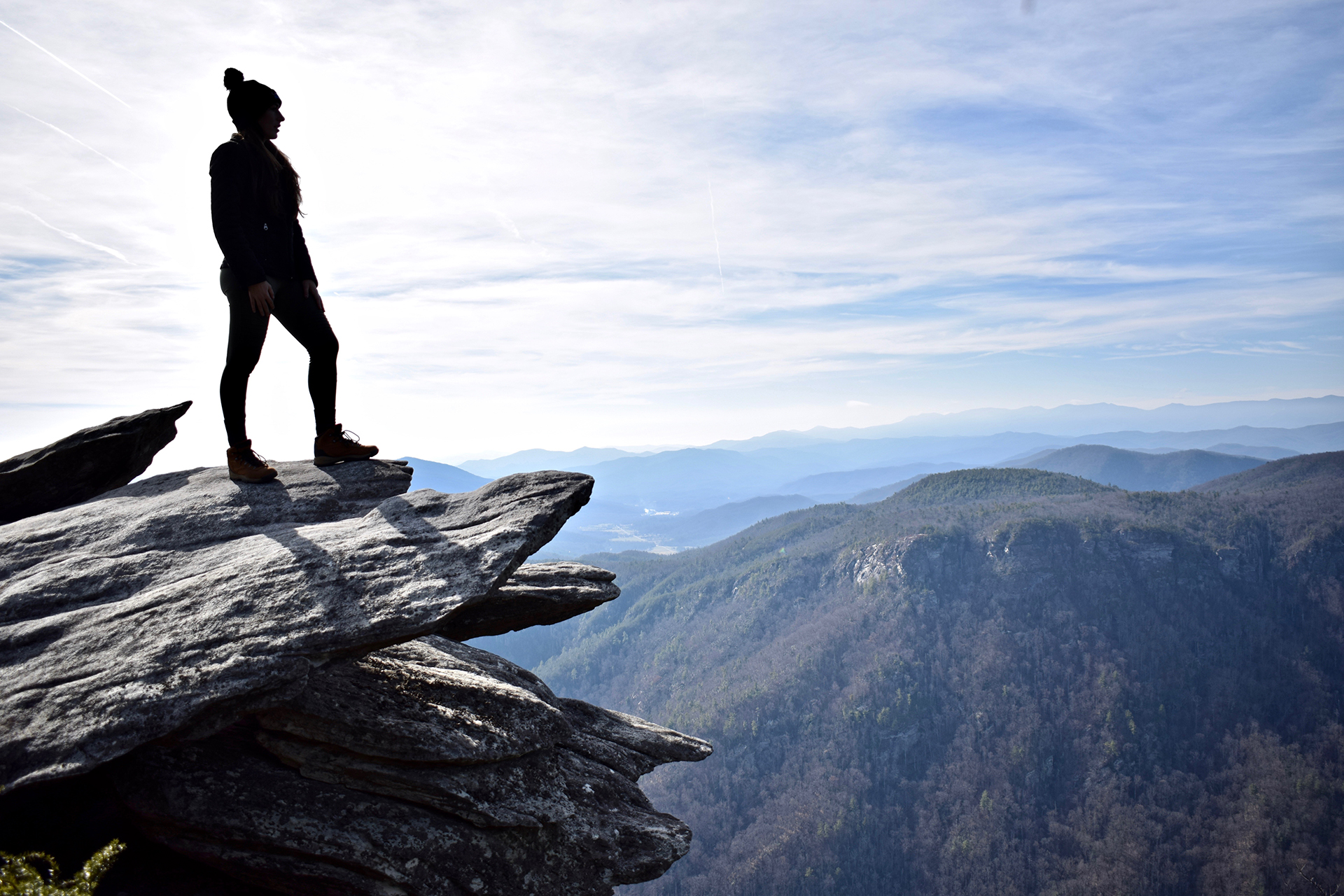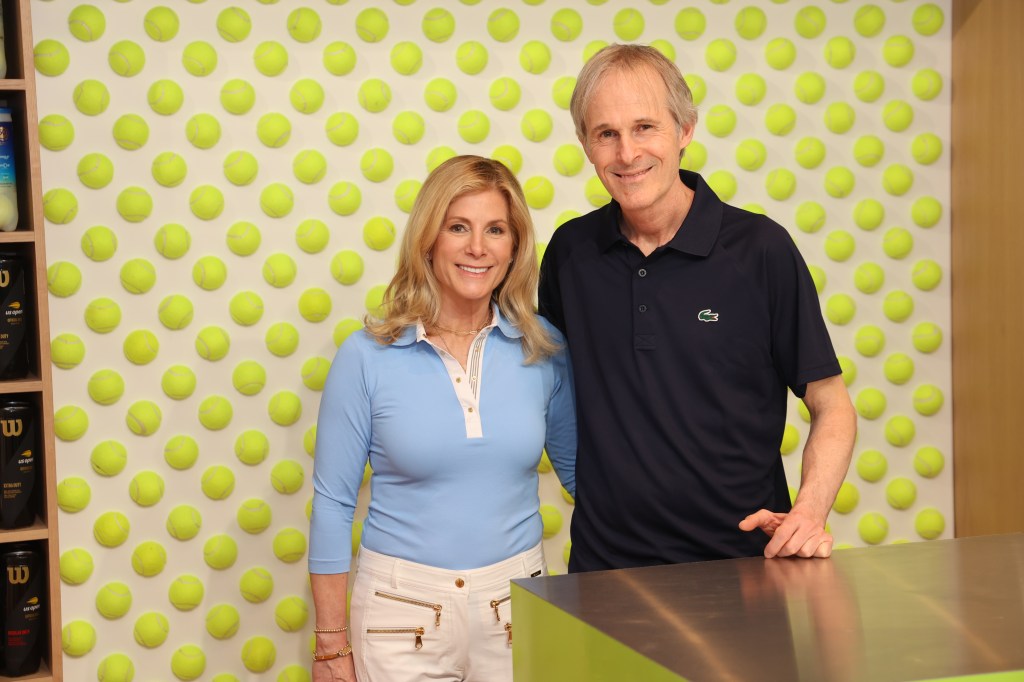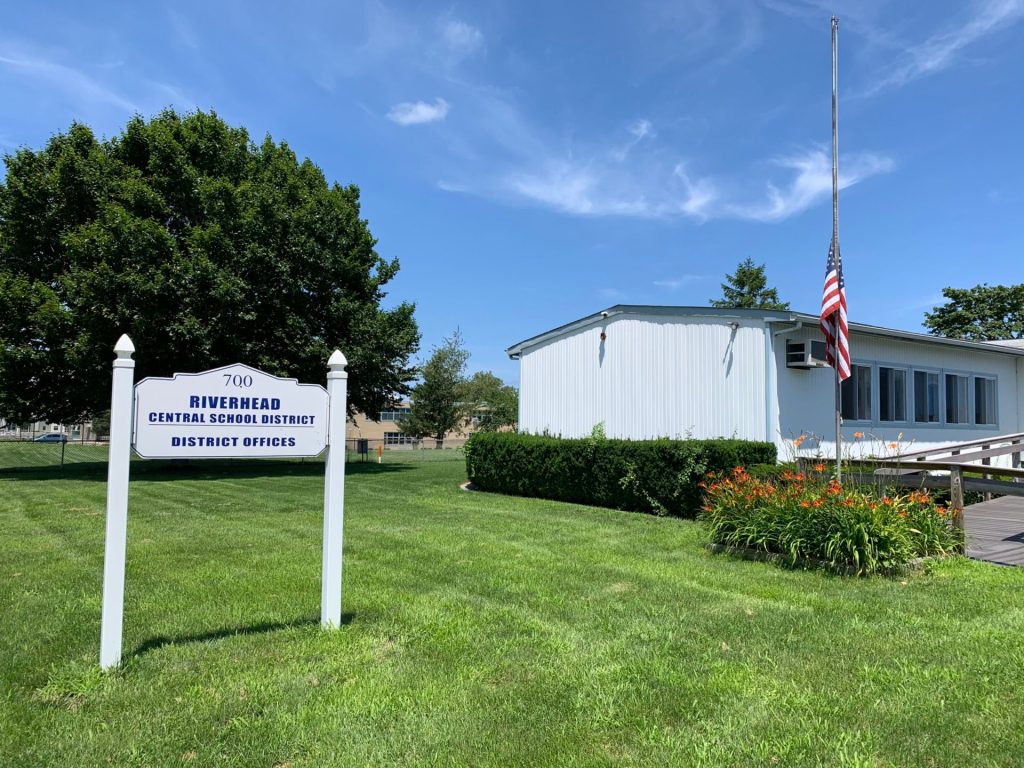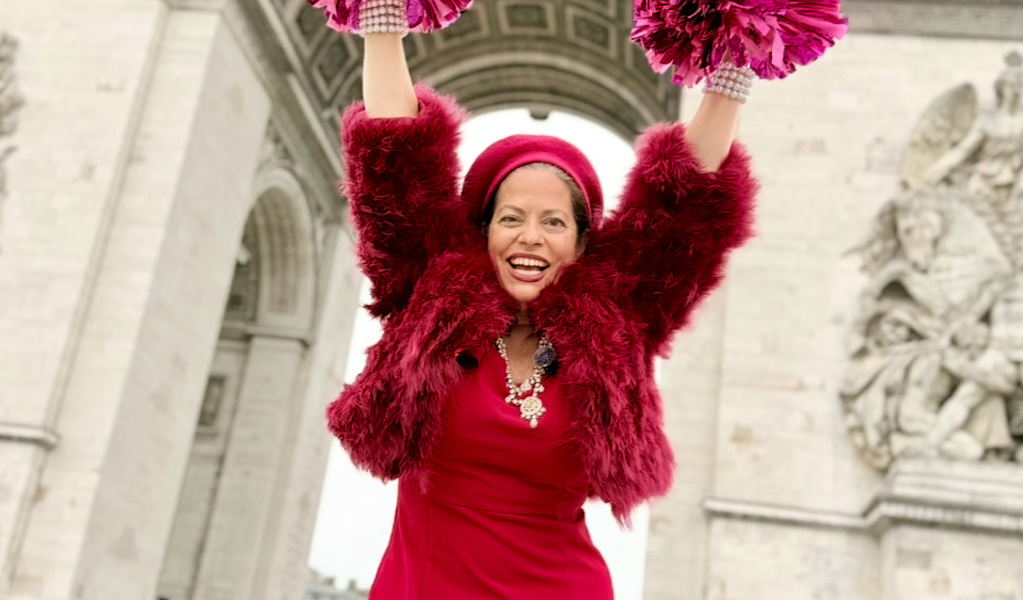It’s OK Not To Be OK

There might come a time, if it hasn’t already, when all the journaling, nature walks, Zoom chats, at-home workouts, meditations, and any other advice I write about in this column won’t be enough.
The pandemic expressway doesn’t come with an offramp, only the monitors that read: “Stay safe. Flatten the curve. Wear your mask.” We’re all driving on this road where the only real control we have is over ourselves and how we navigate around what lies ahead. The truth is that the longer the war against this pandemic rages on, the less normal we will feel. So, in order to avoid a metaphorical crash, it’s important to permit ourselves to slow down, pull over, and accept that we are not OK. I say this because it happened to me.
I was fine for weeks — staying at home, ordering in from local restaurants, continuing to write, workout, chat with friends and colleagues over Zoom, shut off the news, all of it proved to make the outside world less frightening. Even when COVID-19 hit my own family I prayed, meditated, crafted, and cooked to ease my mind. It all worked, until it didn’t.
All at once and out of nowhere, I felt trapped. I realized I had been so focused on creating a new normal that I never really took the time to accept the old life I had given up. Like a tidal wave of emotions, suddenly I was drowning in my own emerging subconscious without a life raft to hold onto. Nothing could prepare me for it. I never took a “Pandemic Health 101” course at my alma mater, or saw posters in a community center that read “socially distant support group.” So, I accepted what felt like an inevitable moment — I’m not OK, and that’s really OK.
Rather than perceive what I’m calling my “mental cold” as a weakness, I’m choosing to treat it like one. When the onset of symptoms began — anxiety, insomnia, isolation, lethargy — I had the choice of pushing through, delaying what would be an unpreventable bigger breakdown of my mental health, or taking a step back to treat the underlying causes. Sure, Xanax would be an easy fix. But I view prescription medication like an at-home fire extinguisher — only to be used in case of an emergency, not with the intention of burning the house down.
Instead, I’m creating a mental immunity boost of sorts, relying on my “safeties.” Car rides, music, contemplating nature, reading, organizing my home, lots of coloring, and choosing to disconnect. At the very heart of it, COVID-19 is teaching me how uncertain the world truly is, and, when it’s just me, myself, and I, the only one who can get me through it is myself. In being alone, by choice rather than by obligation, it forces me to address the inner workings of my mind without the distraction or reliance on others.
With May being national Mental Health Awareness Month, and the only year during a pandemic since it began in 1949, allow yourself to be sad and emotional. In case you need to hear this, I give you permission not to be OK. I give you permission to need help, to need space, and to be selfish. It’s OK to say no to certain things in order to say yes to yourself. It’s OK, because we’re all in this together.
Some tools for Mental Health Awareness Month are available on www.mhanational.org, www.nami.org, and www.thenationalcouncil.org.









